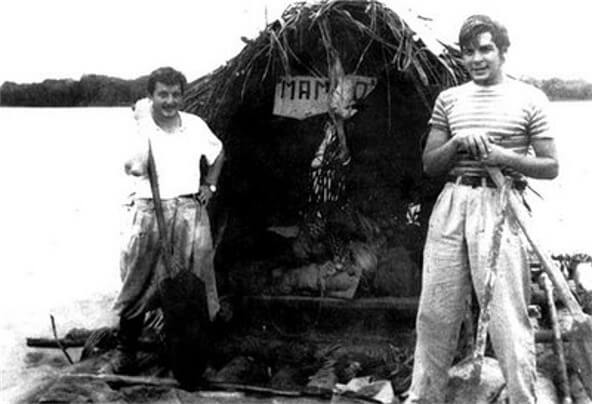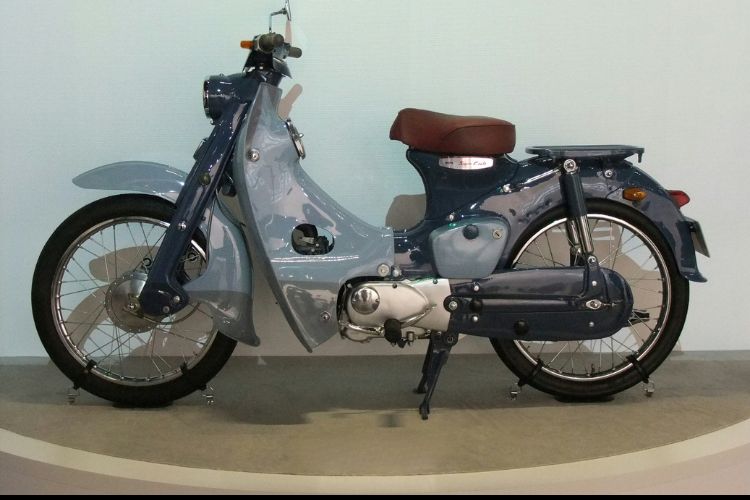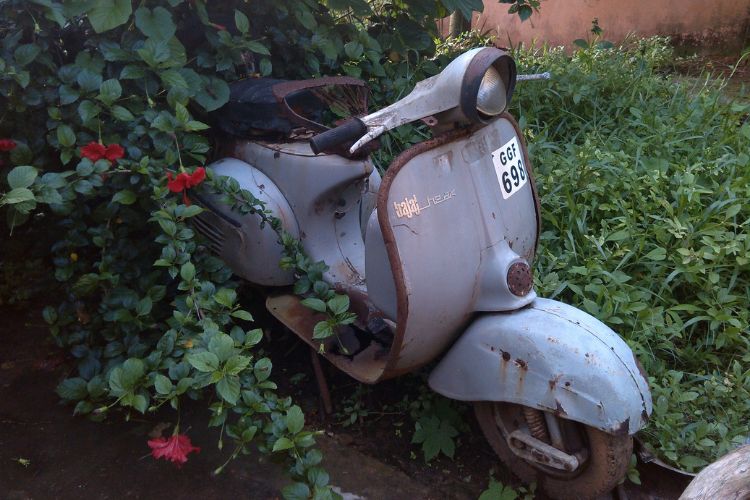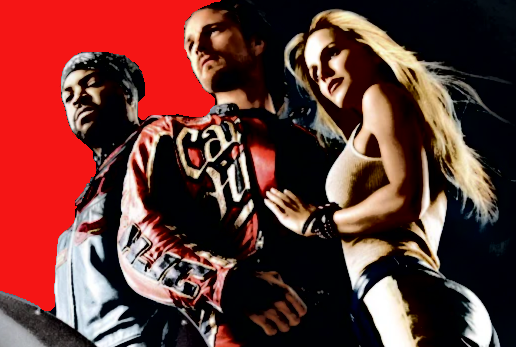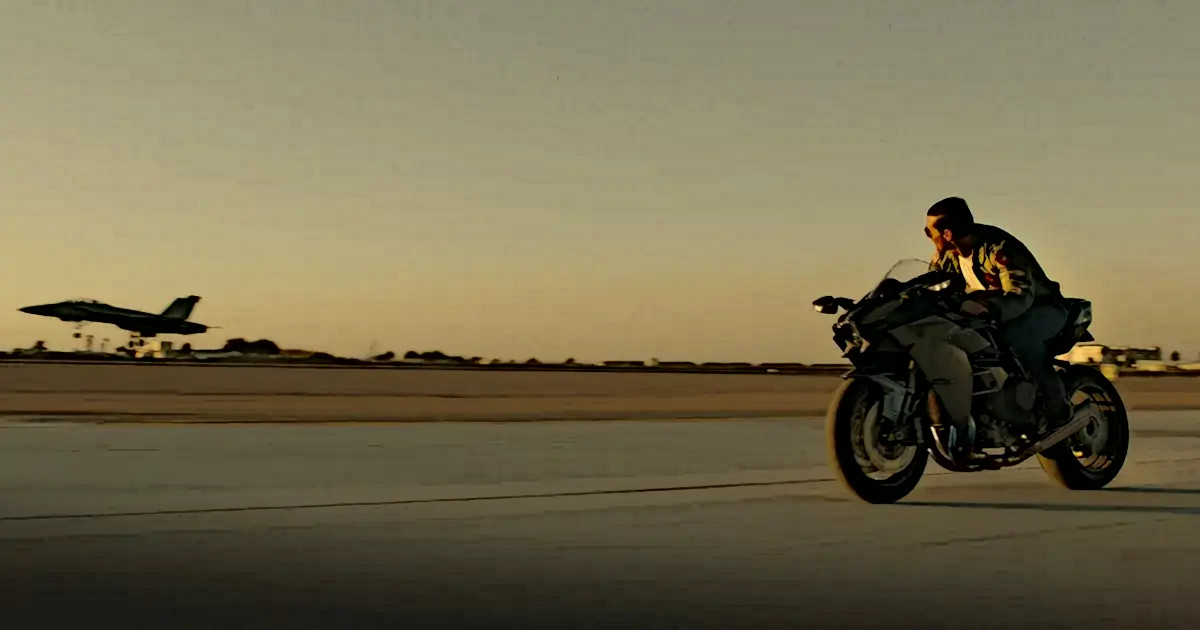Introduction
We have seen the posters. Bearded, beret-bearing head, standing out on a Commie-red background, seen-it-all in the eyes dreaming of a finer future. Probably next to another hippie poster declaring, “Don’t Walk On The Grass – Smoke It!” in the room of your college.
Pop culture has neutralized the image of revolutionaries in history, reducing them to icons considered too unrealistically idealistic to work in the modern world.
A Timeless Classic?
The film “The Motorcycle Diaries” directed by Walter Salles, is controversial from many angles. The film is based on communist revolutionary terrorist Ernesto ‘Che’ Guevara’s journal of his formative 1952 expedition through South America, Traveling with him, the memoirs of his companion, Alberto Granado on a Norton 500. This slightly fictionalized adventure dramatizes the journey which helped turn a restless young medical student into one of the 20th century’s most romantic revolutionary figures.
The film is highly controversial due to its depiction of the Guevara and the history of Cuba, this movie can be highly debatable which ultimately would lead to no conclusion. However, this film is not about politics or propaganda. Rather, it is an intimate drama played out on a widescreen scale, with stunning South American scenery providing a beautiful backdrop without distracting from the story.
As the Story Goes, With only a year remaining before he gets his medical degree, 23-year-old Ernesto Guevara and his friend, 29-year-old biochemist-in-training Alberto Granado, decide it’s time to pack up Alberto’s dilapidated 1939 Norton 500 motorbike, ironically nicknamed “La Poderosa,” or “The Mighty One” as they bid farewell to their families to hit the road.

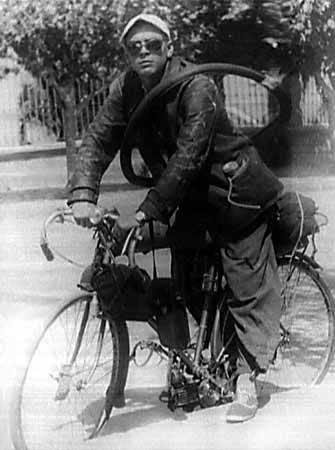
A Tale of Friendship and Revolution?
Ernesto and Alberto hope to discover a South America lies outside their comfortable lives, but what they experience instead is the majesty of the land and the extreme poverty of its indigenous peoples, the perspective changes their lives forever.
The route is a four-month, 8000 km trek through Argentina, Chile, Peru, Colombia, Venezuela, and Miami, where Ernesto has promised to buy his beautiful aristocratic girlfriend a bathing suit. That is if the unreliable and poorly balanced La Poderosa doesn’t kill them first.
Political and biographical baggage aside, it works as a great buddy movie – a rousing road trip you’ll enjoy even if you couldn’t give a state-subsidized toss about Socialist ideals or world poverty.
Sed lacinia tempor orci, non lacinia purus faucibus non. Aliquam gravida risus nec velit lacinia dapibus. Phasellus at magna id elit tristique lacinia arcu fermentum consequat. Quisque pellentesque, nunc a lacinia placerat! Suspendisse eget elit mauris. Phasellus velit nisi, lobortis quis nisi et, venenatir non nibh ullamcorper. Quisque congue ante in consequat auctor. Morbi ut accumsan eros. Mauris semper suscipit mattis. Cras pellentesque a urna ac dictum. Duis volutpat, mi id cursus rhoncus, purus augue arcu, sit amet rhoncus tellus neque.
Conclusion
Guevara is played by Gael Garcia Bernal, who makes the character as realistic as possible, prone to frowning and introspection. His companion Granado is played by an amazing actor named Rodrigo de la Serna, who undercuts his friend’s intensity: “You know what your problem is? Your f*****g honesty!”. Granado’s beautifully subtle reactions to his friend’s changing behavior are more than enough to chart the emergence of the strong, deeply compassionate hero from the shell of a frail, lusterless youth.
Both actors’ portrayal lives up to the Character description provided in the book.
The Movie is Well made, it makes you care about the situations and Characters, as the film moves ahead, by the time Guevara and Alberto Granado trek through Argentina, Chile, and Peru on the way to Venezuela – witnessing the Indian underclass, callous Capitalism, and the horrors of a leper colony – makes you want to care more, even if momentarily, about the plight of the Third World.
Based on books by Guevara and Granado, this movie is arguably soft on Che, presented as a figure of Christ-like compassion hard to equate with the violent revolutionary who went on to rule Cuba with Castro (who is still in power and still accused of human rights abuses). But ‘The Motorcycle Diaries is about a time before compromise. It’s about a gloomy youth with hope, dreams, and a possibility of change.
